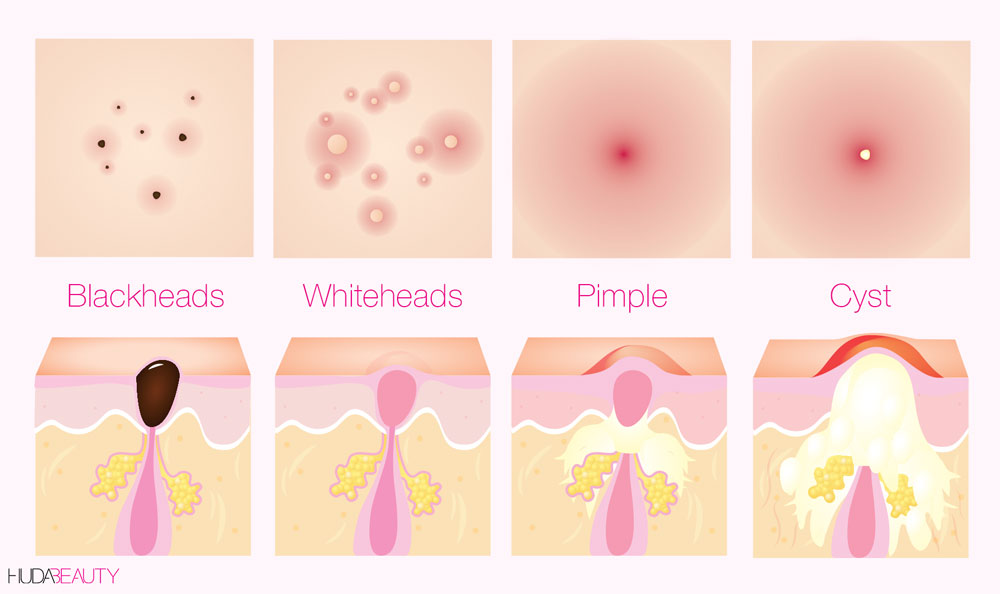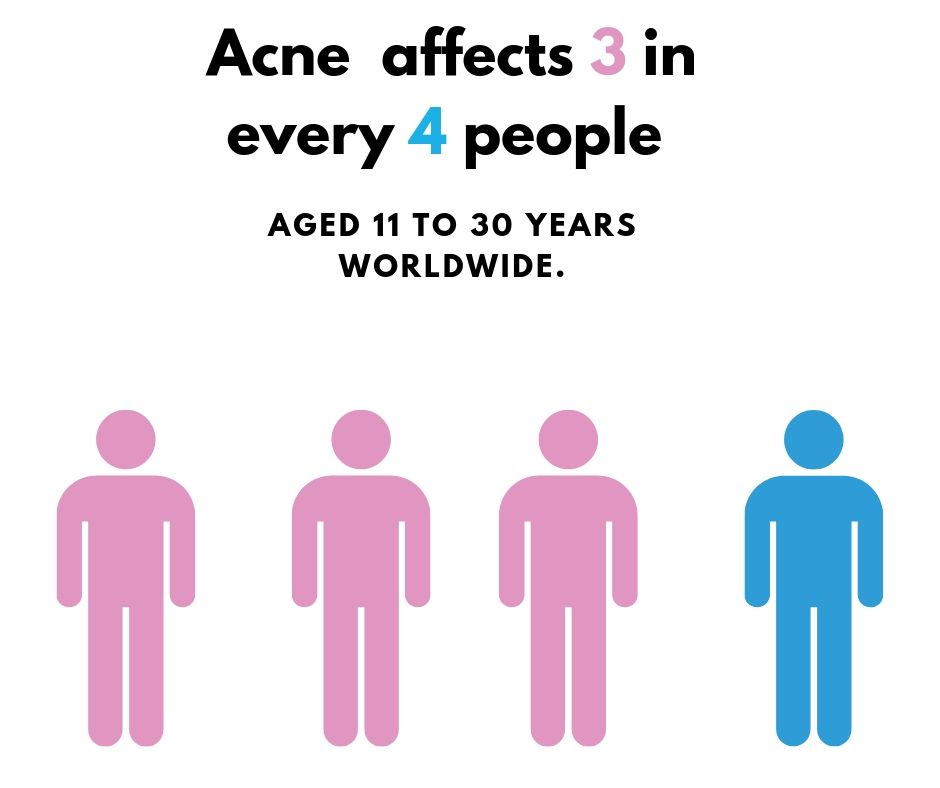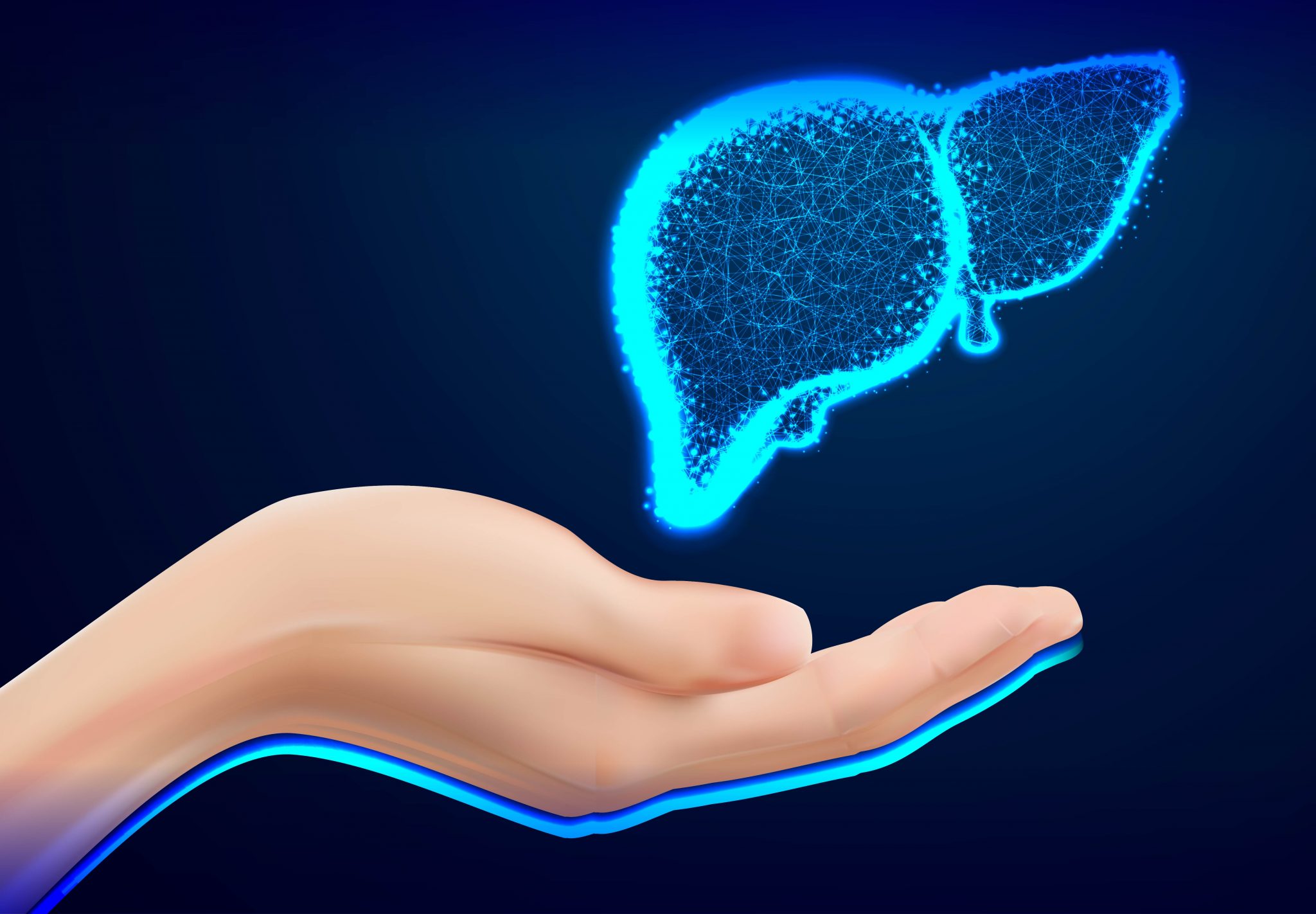Acne Is A Bigger Problem Than an Injuries.
Brian Clough
What is acne?
It is known to be one of the most common chronic skin disorders nowadays that causes pimples and inflamed spots mainly on the face, back, neck, chest and shoulder.

While this skin condition is more commonly associated with teenagers going through puberty, it has been also seen in adolescents due to different risk factors.
Generally, there are different types of acne. For example, blackheads, cysts, pimples and whiteheads (refer to the figure below).

image source: https://hudabeauty.com
Acne usually caused by the overproduction of oil glands at the hair follicle and dead skin cells.
On the other hand, there is a huge variety of effective treatments available in the market, but the problem acne can be chronic. The healing process of papule and inflamed pimples is very slow. Therefore, as one goes away, others start to appear again.
What is the prevalence worldwide and in Malaysia?

According to a study conducted by UKM researches on the school-aged group to find out the impact on student life. The study found that 67.5 % of the participants have acne. In addition, the prevalence among males was 71.1% which is higher when compared to the prevalence in females were 64.6%.
Based on the Cardiff Acne Disability Index, it has a great impact on the quality of a student’s life. It causes emotional stress, low self-esteem, anxiety, depression and even suicidal tendency.
Your Genes can decide how predisposed you’re to certin skin conditions
There are endless myths about the causes acne. The genetics of the pimple is one of the most popular discussion topics in the skincare world.
One study states that it is found that ” you have a four-times higher risk of getting acne if a first-degree relative has it”.
Moreover, it is found that genes tend to increase skin sensitivity towards hormones. Which in turn alter the skin physiology to be more sensitive to hormones and other risk factors.
Furthermore, genes also affect the anti-inflammatory chemical production and the strength of inflammatory response to bacteria.
What could be the other factors?
If you live in Malaysia, you would probably enjoy the tropical weather during all seasons. However, the temperature and humidity are very high most of the time.
In comparison to colder countries, the tropical weather of Malaysia does affect the formation of many skin conditions.
The humidity causes the skin pores to open and make them more capable to collect oil, dirt and allergens. It should be noted, continuous exposure to humidity results in skin problems such as eczema and skin breakouts to show up. Therefore, many people who live in a tropical country would suffer from the type of acne known as tropical acne.
Other factors include:
- Overproduction of oil.
- Blockage of hair follicles by oil and dead skin cells.
- Bacteria.
- Excessive hormonal activities for example androgen
- Stress
- Diet
The benefits of genetic testing
Wondering if you may be genetically prone to acne? Try our DNA Explorer Essential to find out the DNA predispositions that could affect your skin. By understanding your genetic makeup for common skin conditions, you can modify your life to lessen, remove, or delay symptoms for a personalised skin care plan.
So instead of spending your money on expensive creams and treatments, your personalised genetic report can provide some guidance on what your skin is genetically predisposed to.
You’ll discover how to take care of your skin health through lifestyle, healthy diet, carefulness and better understanding into which skin nutrients and topicals will aid your skin the most.
For more information about your genes, feel free to check out our website here or chat with us on Facebook to exchange ideas.
Reference list:
Brazier, Y., & Cynthia Cobb, A. (2017). Acne: Causes, treatment, and tips. Retrieved 11 October 2019, from https://www.medicalnewstoday.com/articles/107146.php
Acne – Symptoms and causes. (2019). Retrieved 11 October 2019, from https://www.mayoclinic.org/diseases-conditions/acne/symptoms-causes/syc-20368047
Al-Shidhani, A., Al-Rashdi, S., Al-Habsi, H., & Rizvi, s. (2015). Impact of Acne on Quality of Life of Students at Sultan Qaboos University. Retrieved 11 October 2019, from https://www.ncbi.nlm.nih.gov/pmc/articles/PMC4371463/
Hanisah, A., Omar, K., & Shah, S. (2009). Prevalence of acne and its impact on the quality of life in school-aged adolescents in Malaysia. Retrieved 11 October 2019, from https://ukm.pure.elsevier.com/en/publications/prevalence-of-and-its-impact-on-the-quality-of-life-in-schoo
Puusa, S. (2012). How Genes Affect And How To Mitigate The Damage. Retrieved 11 October 2019, from https://www.acneeinstein.com/genes-acne/

